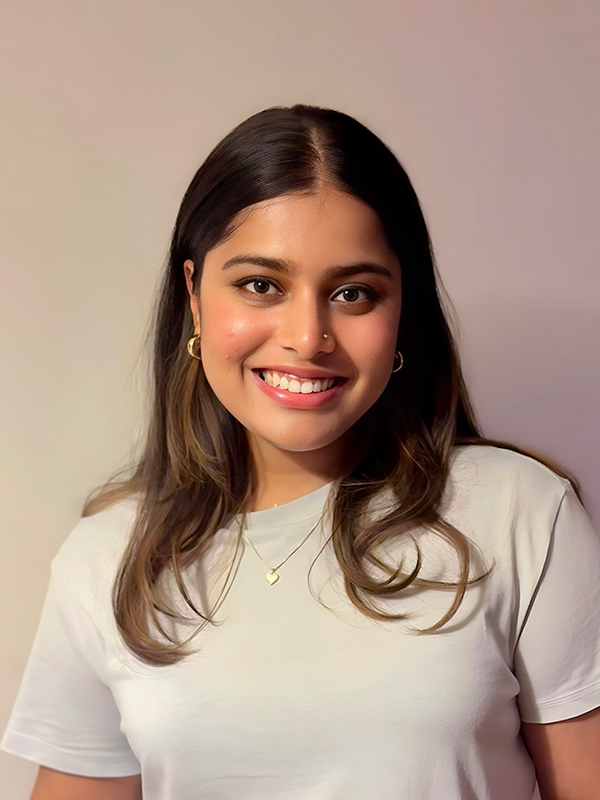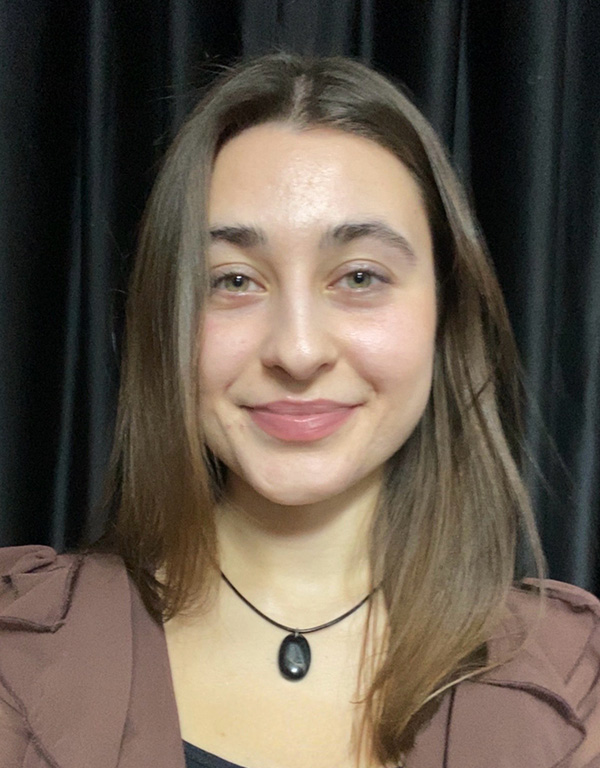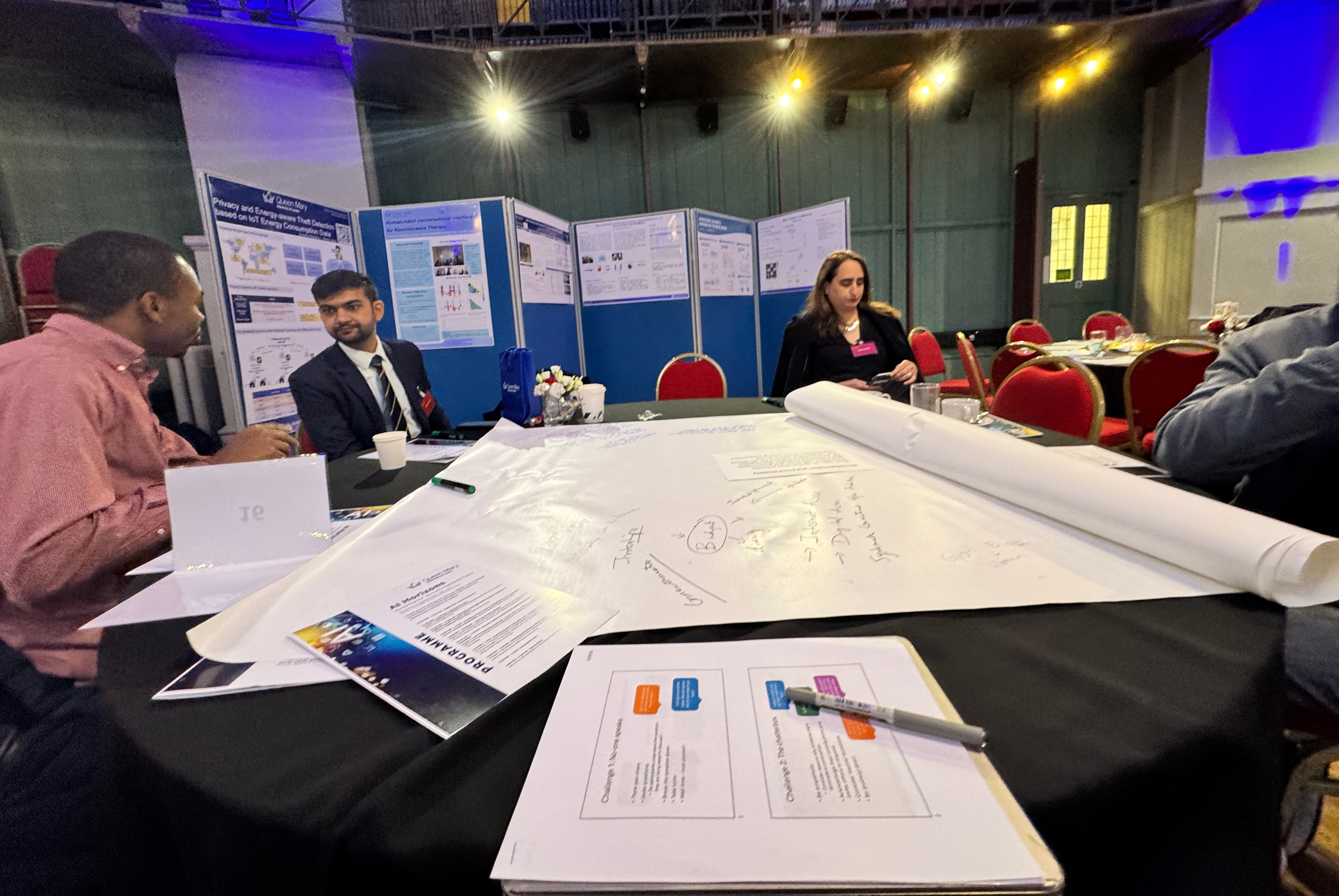

Have you ever pondered how artificial intelligence (AI) is transforming the landscape of the job market? Or how students can equip themselves for a future brimming with AI-driven opportunities? We have been working with other students, academics, and industry partners to explore these questions, through the Future Ready project.
What is the Future Ready project?
Imagine stepping into a dynamic world where students not only learn about AI but also play a crucial role in sculpting its integration within education and industry. The Future Ready project embodies this vision - creating opportunities for students to collaborate with each other, academics and industry, to investigating AI's profound impact and shaping future learning experiences. Over the last few months, we have been exploring how AI and other digital technologies are shaping the future of work, and the skills and capabilities students need to thrive in our post-digital world. Our aim is to co-create an interdisciplinary project-based module in which students work in small groups, and in collaboration with industry, to explore how AI might help us address the UN Sustainable Development Goals.
Take a moment to reflect - how confident do you feel about stepping into a workforce increasingly driven by AI? As industries undergo breathtaking transformations at lightning speed, traditional educational structures often struggle to keep pace. By bringing students, academics, industry and government together, the Future Ready Project draws students into the core of the conversation, amplifying our voices and creating opportunities to actively engage with the practical, philosophical and ethical ramifications of AI, alongside developing hands-on skills.

Students at the heart of the project
One of the most exhilarating aspects of the Future Ready Project is that it is powered by students. From conducting research to moderating industry discussions, we have been able to actively shape the future trajectory of AI in education.
Alexander Shoebottom, one of our peers on the project, shared how he has been able to contribute to the project: “Initially, my focus was on pinpointing key companies driving the AI revolution - understanding their influence and how they shape the industry. Now, I’ve transitioned to leading roundtable discussions, facilitating dialogues among students and professionals to ensure everyone has a voice. Before each event, I craft essential discussion points and questions. Afterward, I dive into the transcriptions, sifting through data to uncover key themes and patterns through thematic analysis.”
Our work as Research Assistants on this project has done more than just develop our research skills; it's about gaining invaluable real-world experience. By engaging with industry leaders, asking critical questions, and analysing key insights, we haven’t just prepared for the future - we have actively participated in shaping it.
What have we learned so far?
One pivotal lesson learned is the undeniable power of student voices. Education must evolve to resonate with the needs of those it serves, and this project ensures that happens.
"As a current student at Queen Mary, I believe my perspective is crucial in nurturing a space where students feel empowered to discuss AI and its expansive impact," Alexander remarked.
In addition to deepening our understanding of AI, we have cultivated skills in communication, problem-solving, and collaboration - crucial tools for success in any career path. It has also illuminated the pressing need to connect academic pursuits with industry realities, ensuring that education remains relevant and future oriented.

What’s next?
This is merely the beginning! We’re exhilarated to broaden our outreach, forge connections with more industry leaders, and continue redefining AI education through a student-focused lens. Together, we can ensure that when the future arrives, we’re not just ready - we’re leading the charge.
Find out more
Are you and your students prepared to be Future Ready? If you would like to know more about the Future Ready project, please contact Aisha Abuelmaatti (Project Lead), Jo Elliott or Pedro Elston (FMD staff partners)
By Nuthan Ganapathi (MSc Global Public Health and Policy) and Jasmine Naz Pilgir (MSc AI for Drug Discovery).